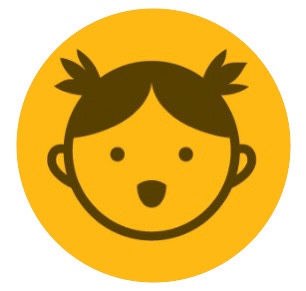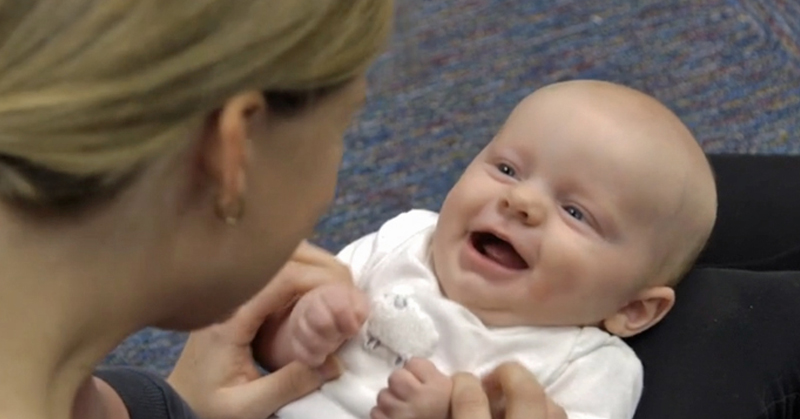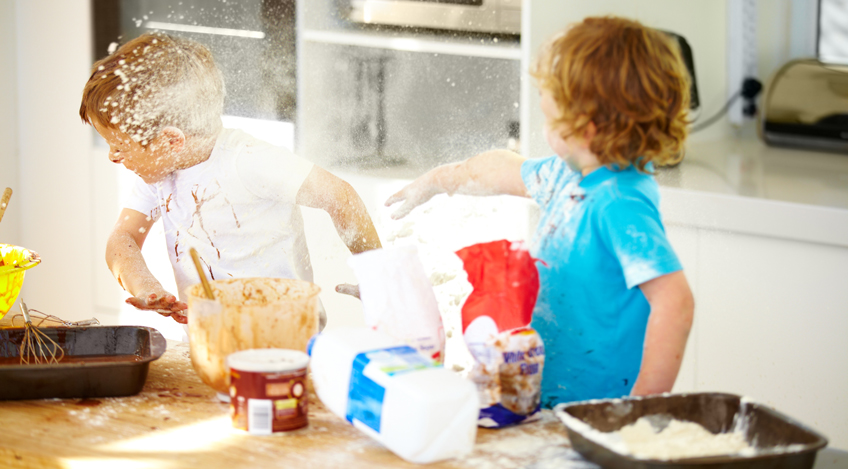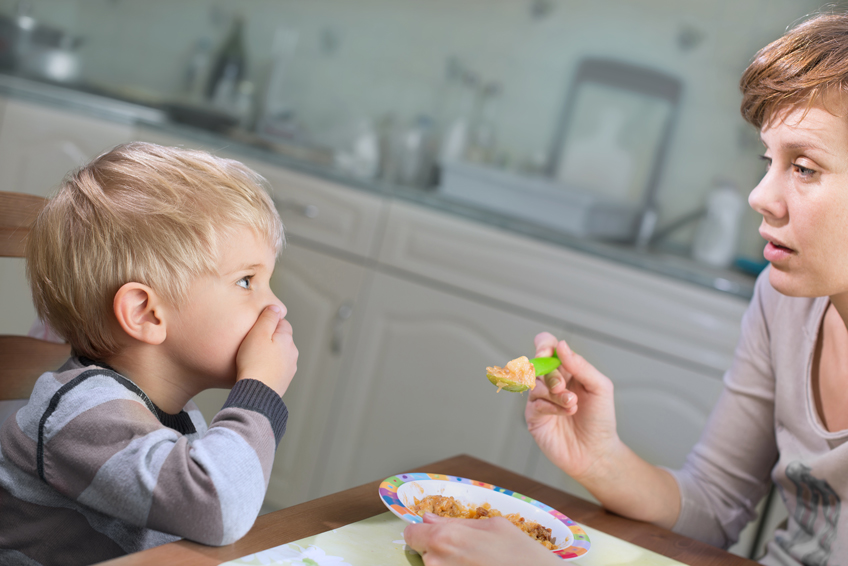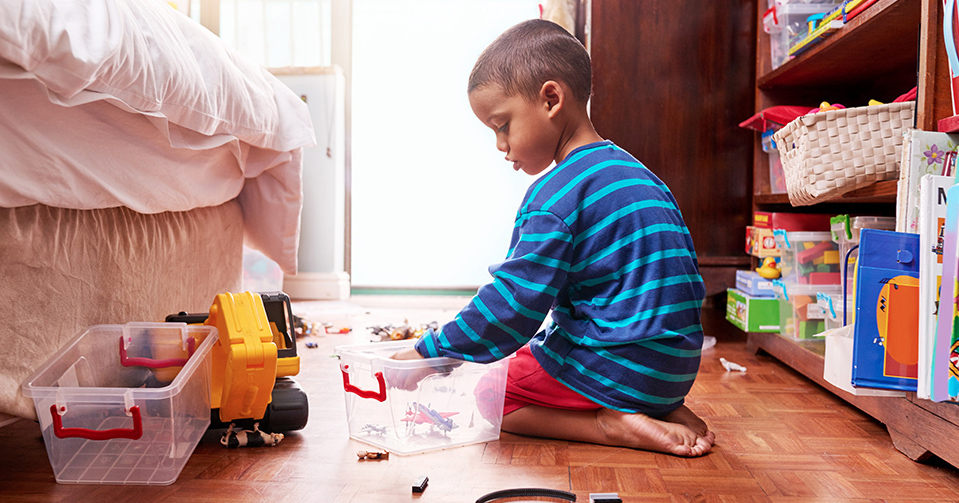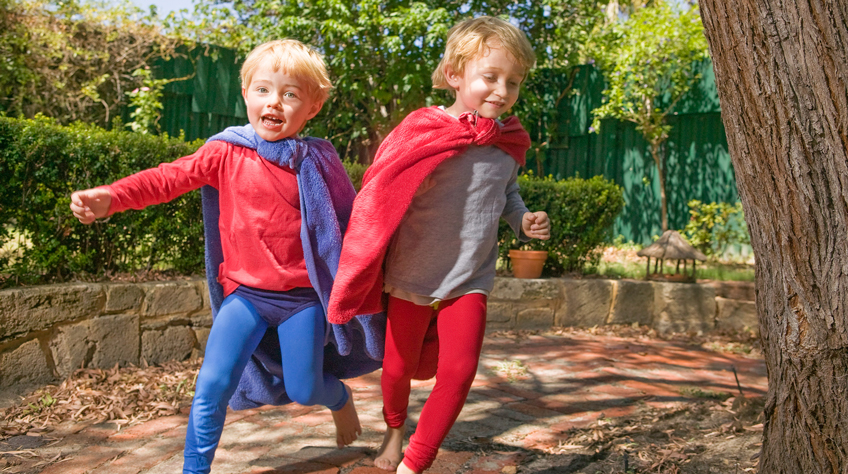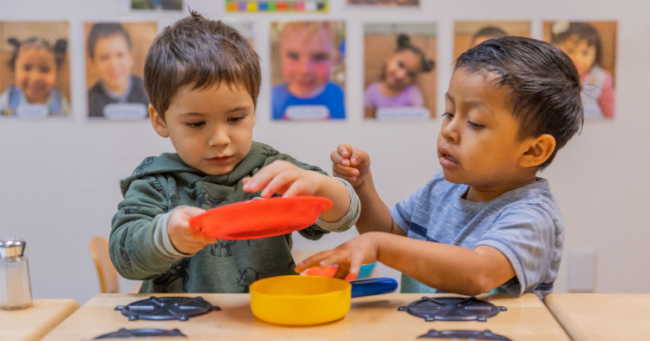Gratitude is a high-level concept that can be tricky for toddlers and preschoolers. In their early years, children are naturally self-focused as part of their development. However, as they grow, fostering a sense of gratitude helps them become more understanding of the needs and feelings of others.
When Do Children Learn About Gratitude?
Children begin learning about gratitude as early as age 2. At this stage, they may start expressing thanks when prompted. By ages 3 to 5, children can understand the concept of gratitude more deeply and show appreciation independently.
Tips for Teaching Gratitude
It’s simple to build in daily activities to help your child understand the needs and feelings of others. Below are five tips to get you started.
- Teach Them to Say Thank You
Encourage your child to thank people who help them. This can be a server at a restaurant, a sibling who helps them pick up toys or a friend who gives them a birthday gift. - Express Your Gratitude
Let your children know why you are grateful for them. Be specific to make them feel special and loved. For example, say, “I appreciate how you help your brother tie his shoes.” - Model Gratitude
Share what you are grateful for with your children. This can be through a blessing before dinner or a family gratitude journal where everyone writes down what they are thankful for. - Support Charitable Activities
Get involved in charitable events or organizations. Whether donating clothes or toys, participating in a food drive or baking cookies for a new neighbor. Explain to your children what these actions mean to those who receive them. - Be Consistent
Like all skills, gratitude is not learned in one lesson. Regularly practice and reinforce the habit of being thankful.
BOOKS FOR teachING 3- to 5- year-olds gratitude
You can also read these books recommended by ZERO TO THREE that offer stories and messages to help children understand and appreciate gratitude.
- Thankful by Eileen Spinelli
- Being Thankful by Mercer Mayer
- Ordinary Mary’s Extraordinary Deed by Emily Pearson
- Did I Ever Tell You How Lucky You Are? by Dr. Seuss
- Giving Thanks by Jonathan London
- Don’t Say a Word, Mama/No Digas Nada, Mama by Joe Hayes
Benefits of Teaching Gratitude
Research shows that thankful people are generally more optimistic and less depressed and stressed. And your child’s first five years are the most impactful in helping them develop these skills. By teaching our children to appreciate what they have and what others do for them, we are helping them become happier, healthier adults.


